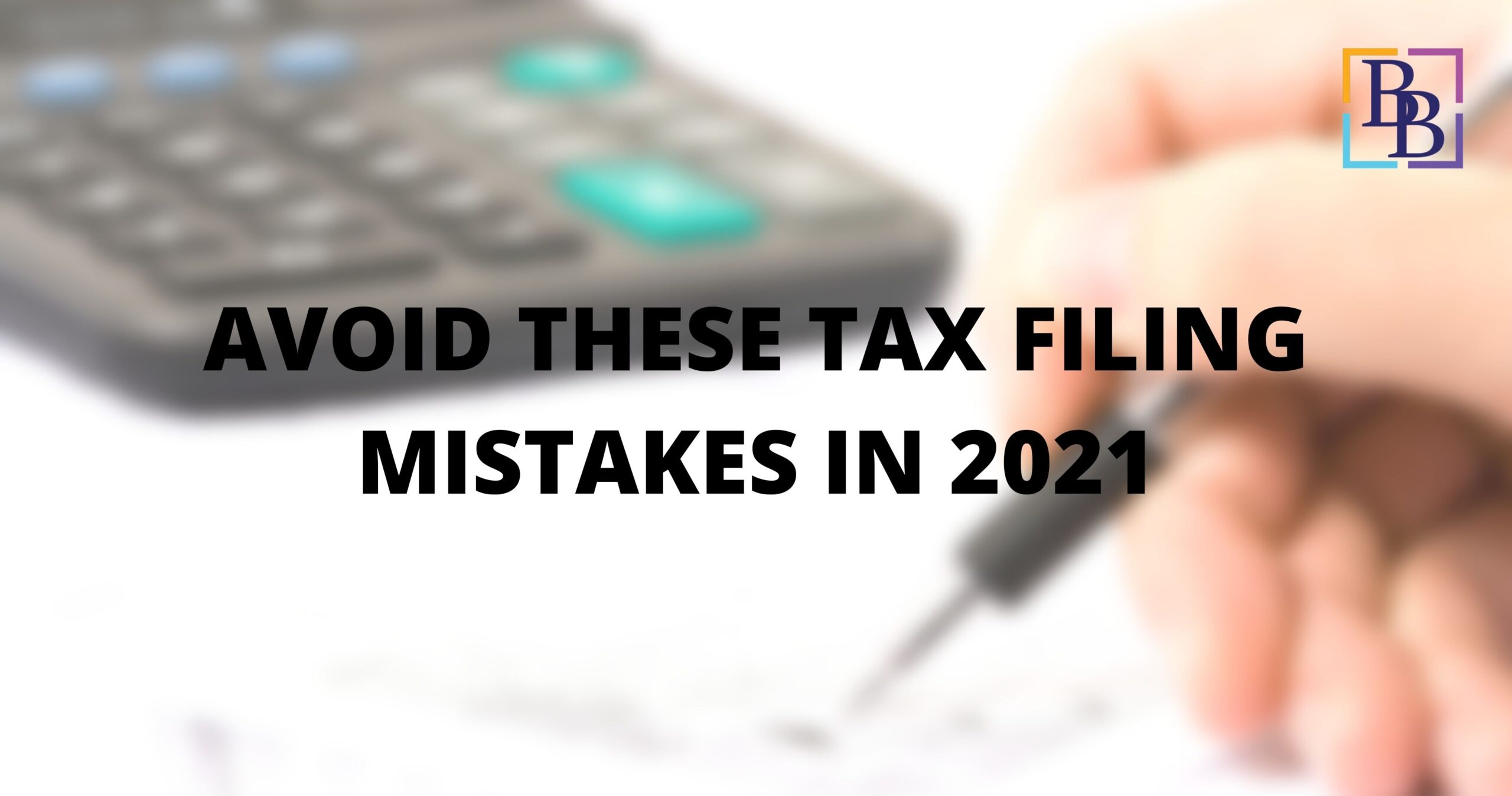Tax time is here. Some of you may be in for a pleasant surprise while others may find themselves in for a rude shock. We all make mistakes and here are the top 5 common tax mistakes and how they can be avoided.
This blog covers the five most common tax mistakes that people make and how to avoid them.
The tax code is difficult to understand. It is frequently changing, making it difficult to know what rules to follow and what advantages you are entitled to. A few foolish movements could give you a world of financial problems if you are not careful. Here are a few tax blunders you should avoid at all costs this year.
-
Table of Contents
Not Filing Your Return Earlier
According to the IT Department, 20% of taxpayers wait until a week before the deadline to file their income tax forms. Unfortunately, procrastinators who wait until the last minute may miss the deadline if they face any problems when filling out their forms.
If you're expecting a refund from the IT Department, it's best to get started as soon as possible. While taxes aren't due until August 31, you might receive your refund back much sooner if you work hard.
-
Under Reporting of Your Income
Failure to record all of your income is a great way to have your return audited by Income tax department. As you prepare to file your taxes, keep in mind that you must report to the income tax department all of the money you earned in 2020, whether it was income from other sources, interest from a bank account, or dividends from a brokerage account.
Also, keep in mind that unemployment benefits are taxable income that must be reported. In 2020, many people have lost their jobs. If you were one of them, you must file for the benefits you received when you file your next tax return.
-
Failure to Select The Correct ITR Form
This is something that every taxpayer should keep in mind when filing their ITR. Every year, the income tax department issues amended ITR forms stating the eligibility requirements. Each ITR form varies depending on the type of income that the assesses must disclose. Because the forms are revised each year, you may no longer be required to file the same ITR you filed last year due to the changes.
You may also be required to disclose extra/less information if new fields are introduced to the updated forms. Please take caution while determining your eligibility and filing the appropriate ITR based on the nature of your income. The use of an incorrect ITR form may result in a notice from the Income Tax Department
-
Pre-Validate Your Bank Account
It is important to pre-validate your bank account when filing your income tax return. Particularly if you have a tax refund to claim. The tax department will not credit your refund if your bank account is not validated. The refund is now credited straight to the taxpayer's bank account by the Income-tax department. It is important to verify your bank account, which can be done online via the tax department's website.
-
Failure to Claim The Deductions Correctly
It is likely that you were unable to submit tax-saving investment proofs to your employer, and hence the information was not recorded on your Form 16. Even if you did not reveal your investments to your employer, you can still claim a tax break when you file your income tax returns.
Keep track of your investments as supporting documentation so that you can claim these deductions. In addition, if you have several form 16s, make sure you report the pay data of any employers you changed during a financial year.
We understand that the process of ITR Filing can be a complicated one, as every year there are new rules and regulations introduced by the Income-tax department. If you need any help filing your ITR Returns or Tax Planning, please reach out to us at info@bbnc.in or click here.
